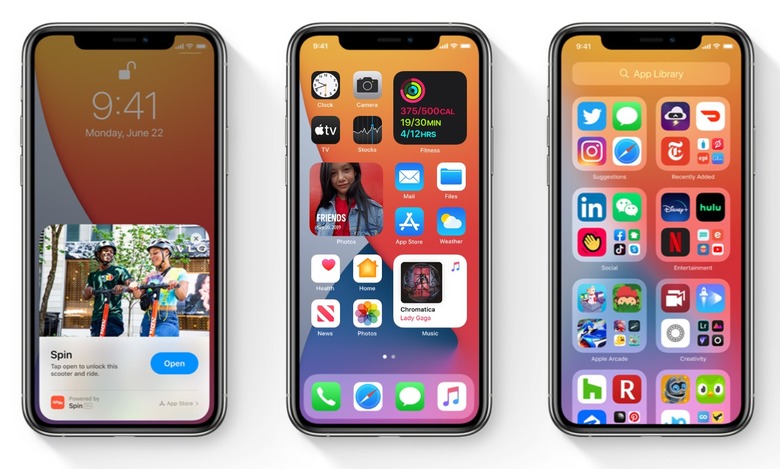Apple Forced Google To Copy A Great iPhone Privacy Feature
When the mandatory app privacy labels started rolling on in the App Store a few months ago, Facebook launched a massive anti-Apple campaign, accusing the iPhone maker that the new App Store policies threaten the open web and the livelihood of small businesses. Many pointed out Facebook's hypocrisy in its criticisms. The app privacy labels are meant to inform users who want to know how apps are tracking them on iPhone and iPad. They do not prevent the actual tracking, only notifying users of the kind of personal data apps can access. Despite criticisms, Facebook said it would comply with the new App Store regulations, and users were soon able to see the terrifying amount of personal data Facebook collects.
Google did not protest. But it took the company several months to update its apps with the mandatory privacy labels, which showed the same thing. Google apps collect a massive amount of data from iPhone and iPad. It was clear at the time that Google was in a more difficult position than Facebook. Google makes most of its money from advertising like Facebook. But Google also owns Android, where it can't afford to fall behind iPhone when it comes to critical features like improved user privacy.
We suspected at the time that Apple's new standard privacy features would force Google to copy them at some point down the road. In recent years, Google followed Apple's lead to user privacy, even if that meant adding features to Android that could hurt its ad stream revenue. As for the app privacy labels, we'll have to wait for 2022 for that. But, at least Google confirmed it's working on app privacy labels for Android.
Google pre-announced the new privacy feature on its Android Developers Blog. Google said it will add a safety feature in the Google Play store "that will help people understand the data an app collects or shares, if that data is secured, and additional details that impact privacy and security."
"Developers agree that people should have transparency and control over their data," Google explained. "And they want simple ways to communicate app safety that are easy to understand and help users to make informed choices about how their data is handled. Developers also want to give additional context to explain data use and how safety practices could affect the app experience."
The new app privacy labels will offer additional data about apps, on top of the kind of personal data the apps collect or share. The labels will reveal whether:
- The app has security practices, like data encryption
- The app follows our Families policy
- The app needs this data to function or if users have choice in sharing it
- The app's safety section is verified by an independent third-party
- The app enables users to request data deletion, if they decide to uninstall
Google also explained what the privacy section will include in terms of data collection:
- What type of data is collected and stored: Examples of potential options are approximate or precise location, contacts, personal information (e.g. name, email address), photos & videos, audio files, and storage files
- How the data is used: Examples of potential options are app functionality and personalization
Google says the privacy features will be mandatory and that it'll perform checks to see whether developers provide truthful information. Google's own apps will also be required to share the same information and provide privacy policies, just like all other third-party apps.
Google plans to share more details about the new policy requirements this summer. All Android app submissions and updates will have to include privacy labels starting in the second quarter of 2022.
Google makes no mention of app tracking transparency, the second privacy feature that Apple rolled out in iOS 14. Unlike privacy labels that only provide information, this features lets iPhone and iPad users block apps from collecting personal data.
